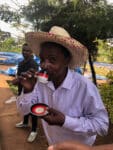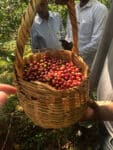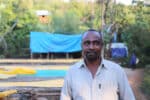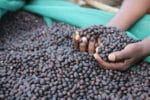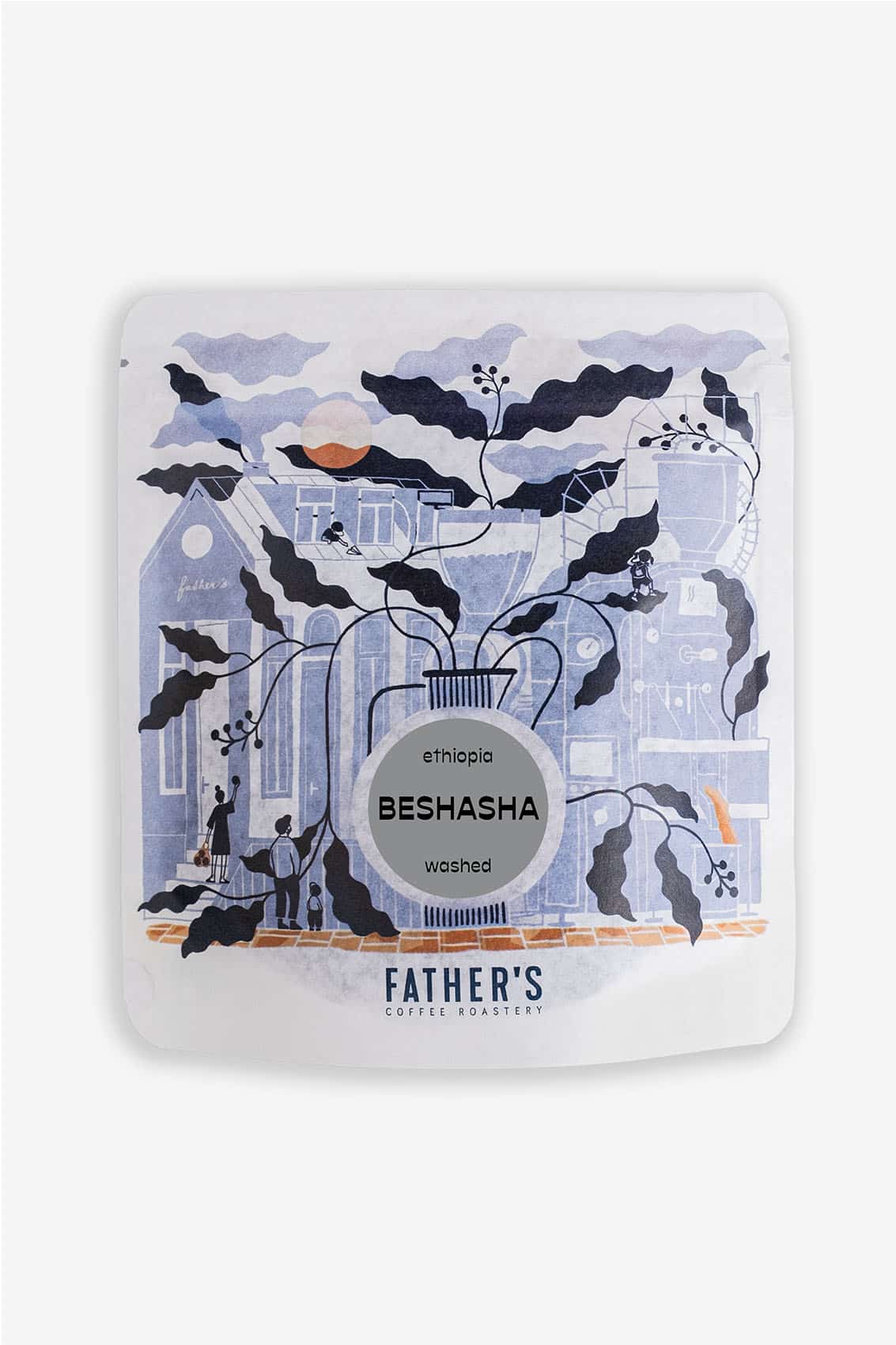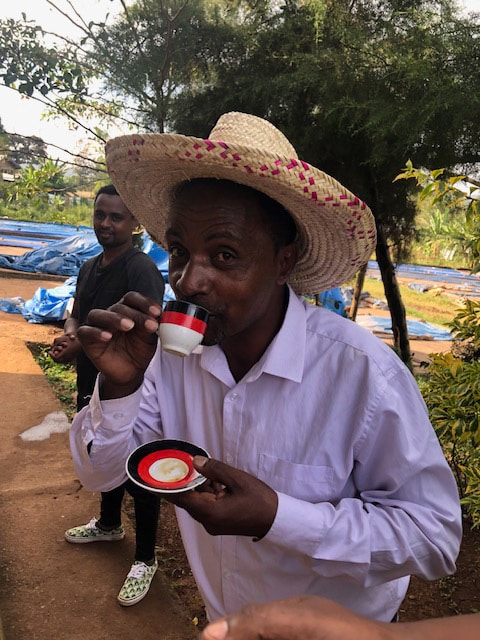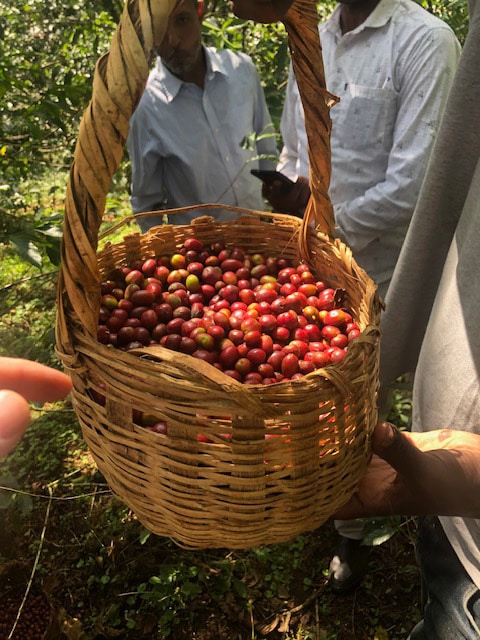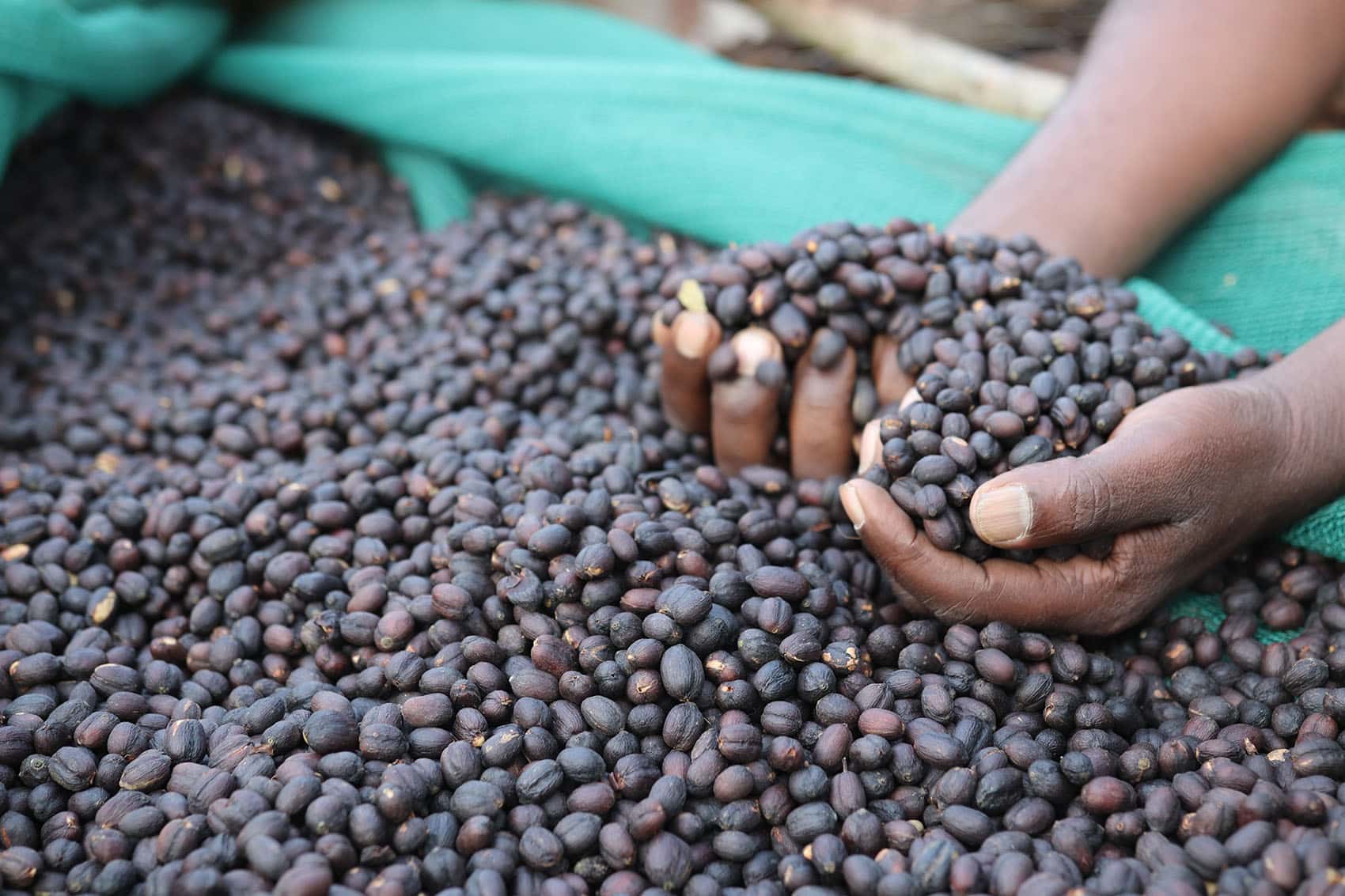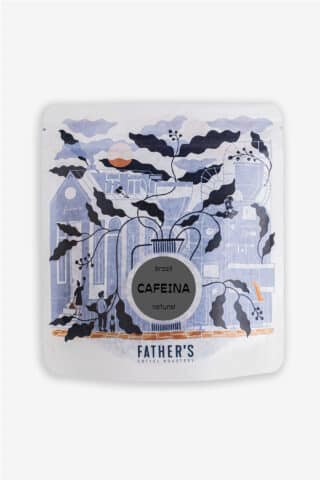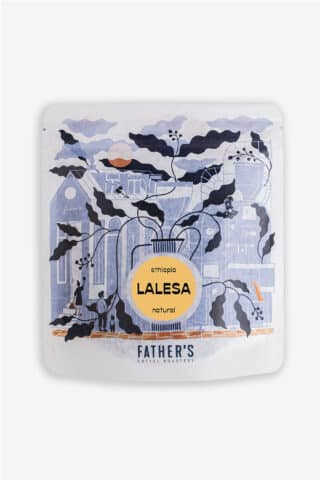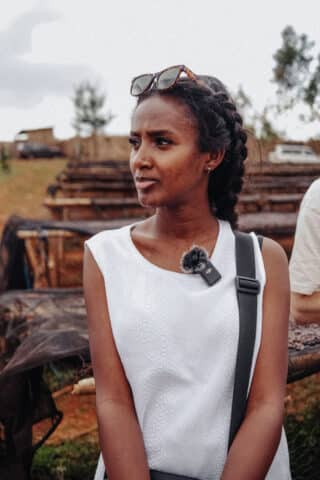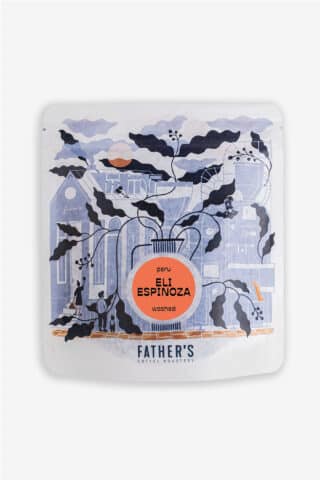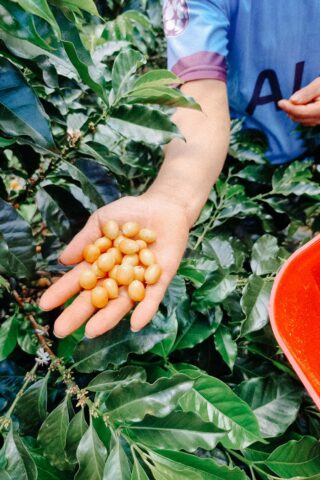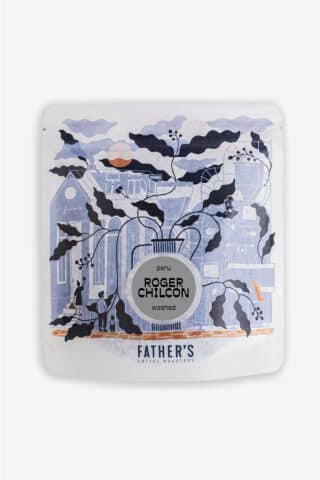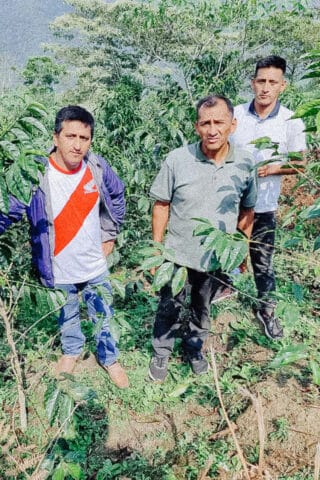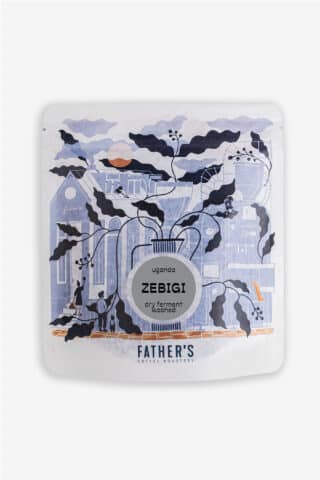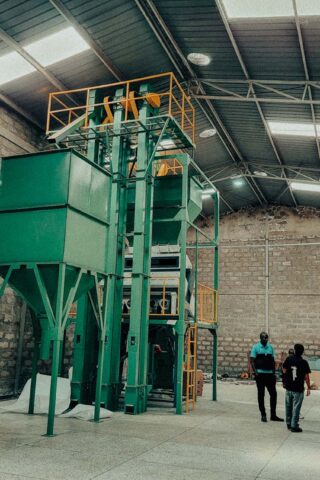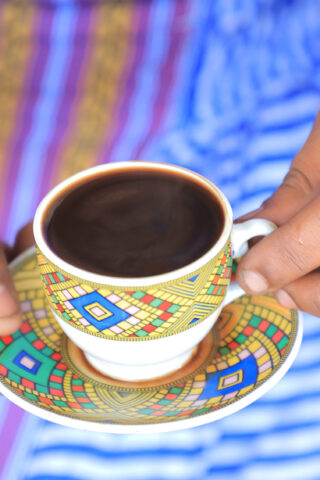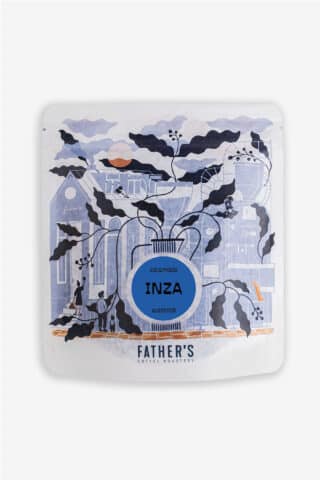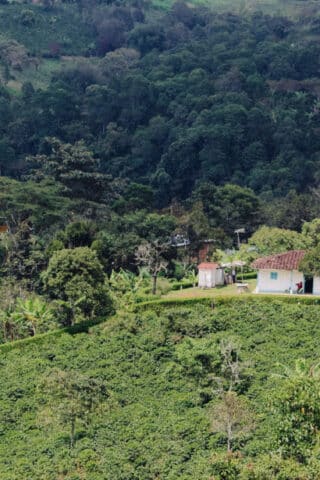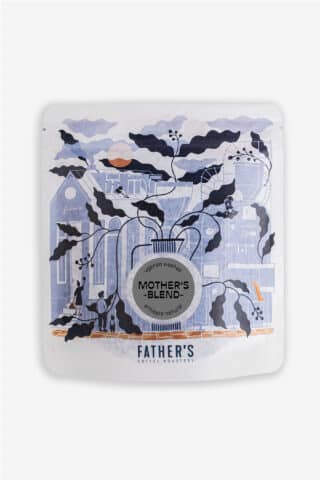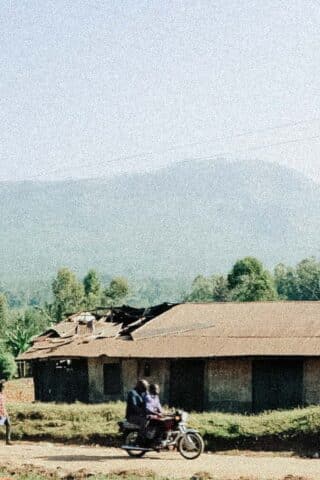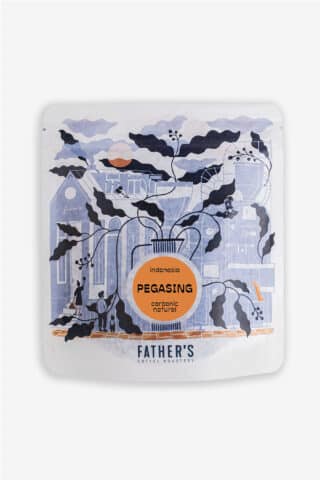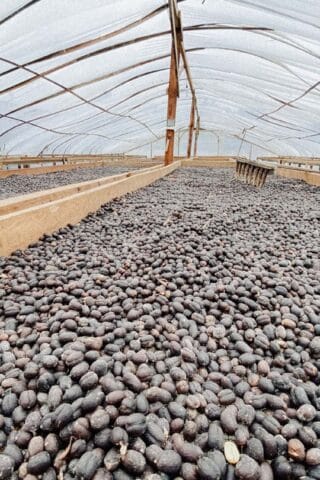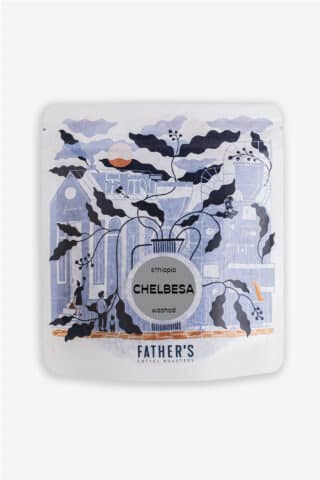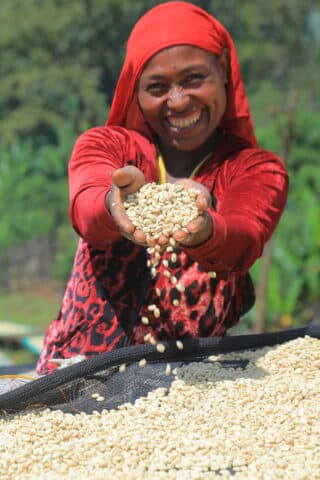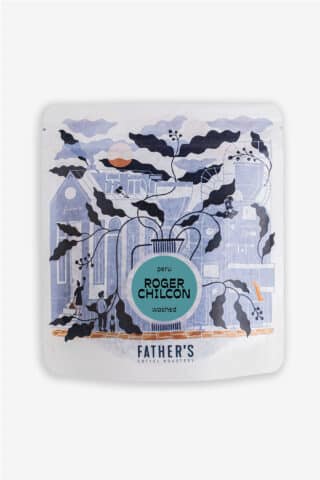Ethiopia – Beshasha
€ 15.38 – € 106.07Price range: € 15.38 through € 106.07
Country: Ethiopia
Region: Agaro, Jimma, Western Ethiopia
Washing Station: Beshasha
Producer: Mustefa Abakeno + local smallholders
Altitude: 2000–2100 m a.s.l.
Variety: 74110, 74112
Processing: Washed
Flavour Notes: elderflower, black tea, pomelo
Preparation: suitable for making espresso-based coffees, including in-home coffee machines
Type: Roasted whole bean coffee
Beshasha is back! This washed Ethiopian lot from the Jimma region won us over in past seasons with its clarity, fruitiness, and gentle sweetness. Grown by Mustefa Abakeno and processed at his own Beshasha station, this coffee reflects years of dedication to quality, care for the land and people, and close collaboration with Falcon Coffee.
The story of the farm and station
Beshasha is a standout microlot from Mustefa Abakeno, farmer and exporter based in the highlands of Jimma, western Ethiopia. At over 2000 masl, he cultivates resilient local varieties selected by the Jimma Agricultural Research Center, known for their disease resistance and cup potential.
In 2018, Mustefa built his processing station, Beshasha, where he handles not only the harvest from his 18-hectare farm but also cherries from neighbouring smallholders. These partnerships are central to his approach: he supports farmers with fair prices, shares know-how, and works together with the community to raise the overall quality of coffee in the region.
How is the coffee processed?
This lot is washed processed – a method that highlights the coffee’s brightness and fruity complexity. The process starts with flotation, where freshly picked cherries are submerged in water to remove unripe or damaged ones. The selected cherries are then pulped and fermented in tanks for 8–12 hours, followed by thorough washing and sorting in channels. The beans are dried in two stages: first under shade, then on raised beds. Total drying time is around 7–10 days.
Agronomist Harun has worked closely with Mustefa since 2021. Together, they experiment with new techniques in harvesting, fermentation, drying, and farm management, resulting in noticeable quality improvements year after year.
Social impact and investment
Mustefa continually reinvests in both infrastructure and community. He has built a modern warehouse in Agaro, operates an on-site lab, and collaborates with over 250 local producers. In 2022, he expanded his network by adding four additional cherry collection sites, strengthening his direct sourcing model and contributing to local economic growth.
Variety
Beshasha is based on Ethiopian cultivars 74110 and 74112 – selections developed in the 1970s by the Jimma Agricultural Research Center. These varieties are prized for their disease resistance and expressive aromatic profiles.
We work with several couriers worldwide, the table HERE specify the conditions for each country.
If your country is not available please send us an email to info@fathers.cz.
Related Products
Country: Brazil
Region: Carmo De Cachoeira, Sul De Minas
Processing station: Cocatrel Direct micro mill
Altitude: 900-1100 m above sea level
Variety: mix of varieties
Processing: natural
Taste profile: hazelnut butter, cherries, chocolate, and sweet tobacco
Our CAFEINA is a daily guarantee of stable espresso with low acidity. With our composition and roasting, we try to always taste sweet, with notes of hazelnut butter, cherries, chocolate, and sweet tobacco
You will prepare a pleasant cup of coffee from it, which everyone will enjoy. It is suitable for cafes looking for simpler espresso and for easy preparation at home or work. We also recommend it for your automatic espresso machines.
We are currently roasting coffee from producers of the Caixa de Fruta region.
Country: Ethiopia
Region: Gedeb
Washing Station: Lalesa
Producer: Smallholder farmers in collaboration with Ephtah Specialty Coffee
Altitude: 2,150–2,200 m a.s.l.
Variety: Heirloom
Processing: Natural
Tasting notes: blueberry cheesecake, lime
Brew method: Suitable for all filter brewing methods (V60, AeroPress, Chemex, French press…)
Type: Roasted whole bean coffee
Lalesa isn’t just the name of a station for us, it’s a place we stood at last year, watching women carefully sort coffee cherries and admiring Wubit’s incredible dedication as she leads her team. Lalesa proves that coffee truly can change lives. And today, we’re proud to share that coffee with you. It’s the taste of a place that touched us deeply.
We roast it both for filter and espresso.
Did you know that we also have a limited edition from Lalesa processed using the black honey method?
Country: Peru
Region: Las Pirias, Chirinos, Cajamarca
Farm/station: Eli Espinoza
Producer: Eli Espinoza
Altitude: 1,850–2,000 m a.s.l.
Variety: Geisha
Processing: washed
Flavor profile: black currant, linden blossom, hazelnut cream
Coffee type:roasted whole bean coffee
Preparation: suitable for all types of filter coffee preparation (V60, Solo Dripper, Aeropress, Chemex, French press, Clever Dripper…). You can also find this coffee in an espresso roast variant.
Geisha from Peru was grown by a producer who worked his way to his own farm with his own hands. He processes the coffee at his home with care. This coffee is exactly what we’re looking for: clean work, clear origin, honest story.
Don’t know which filter coffee to choose? ☕
Maybe the sample box containing 5x60g of coffee can help you. Its contents are continuously updated according to the coffees currently available.
You can order the sample box for your home, invite your friends, and organize cupping. This can help you find out what coffee you like best and make ordering easier in the future. Or you can get it as a gift, wrapped in our coffee-world illustration bag.
You’ll soon learn how to make cupping at home on our blog.
Currently, our Sample Box consists of:
Etiophia (washed) – Chelbesa
Etiophia (natural) – Lalesa
Colombia (washed) – Inzá
Kenya (washed) – Gichatha
Uganda (washed) – Zebigi
Country: Peru
Region: El Diamante, San José de Lourdes
Farm / station: Roger Chilcon
Producer: Roger Chilcon Flores
Altitude: 1,900–2,000 m a.s.l.
Variety: Caturra, Pache
Processing: washed
Tasting notes: orange, chamomile tea, cashew
Preparation: suitable for espresso preparation, for both portafilter and automatic machines, also ideal for home use. You can also find this coffee in a filter roast version (V60, Solo Dripper, Aeropress, Chemex, French press, Clever Dripper…).
Type of coffee: roasted coffee beans
From the mountains of northern Peru comes a coffee that touched us with its purity and its story. Roger Chilcon does everything his own way, slowly, honestly, and with deep respect for the land and the people around him. His coffee reminds us that the world of specialty coffee isn’t built on trends but on people who truly love what they do. And that’s exactly the kind of coffee we want to roast at Father’s.
Country: Uganda
Region: Mt Elgon, East Uganda
Farm/station: collaborating farmers around Zebigi / The Coffee Gardens
Producer: The Coffee Gardens
Altitude: 1 800 – 2 200 m a.s.l.
Variety: SL14, SL28, Nyasaland
Processing: washed / dry fermentation
Tasting notes: chamomile tea, butter cookies, pomelo
Preparation: suitable for espresso-based coffee preparation, including home espresso machines. You can also find this coffee in a filter roast version (Solo dripper, V60, Aeropress, Chemex, French press, Clever Dripper…).
Type of coffee: roasted whole bean coffee
Why Uganda Matters
Zebigi isn’t just another specialty coffee. It’s part of a bigger story that we’ve poured a piece of ourselves into. A year ago, we had the chance to be right there in Uganda – to meet the farmers who grow the coffee, to see the process from harvest to drying. And that’s when we realized we wanted to do even more.
Together with The Coffee Gardens, we co-financed the opening of a QC Lab in Uganda. This quality control laboratory enables farmers to evaluate their harvest directly on site, refine their practices, and, as a result, achieve fairer prices.
Every cup of Zebigi is not only about flavor, but also about the future. About giving farmers the tools and knowledge that open doors to better conditions and stability. And that’s exactly why we love returning to Uganda.🤎
Country: Ethiopia
Region: Chelbesa, Gedeb
Washing Station: Chelbesa
Altitude: 2200 m a.s.l.
Varietal: Heirloom
Process: Washed
Flavor profile: black tea with lemon, strawberries and honey biscuit
Chelbesa is back — and not by coincidence.
This washed coffee from the Gedeb area has won us over not only with its elegant flavor — a vibrant mix of florals, fruit, and clarity — but also with the story behind it. Ephtah Specialty Coffee, our partner at origin, is committed to sustainable agriculture, fair working conditions, and supporting women throughout the coffee value chain.
We roast Chelbesa for both filter and espresso to showcase its full potential.
Country: Colombia
Region: Piendamó, Cauca Department
Farm / Station: Members of the Asociación de Caficultores del Cauca (ACC)
Producer: ACC – Asociación de Caficultores del Cauca
Altitude: 1,700 to 2,100 m a.s.l.
Variety: Castillo
Process: Washed
Cup Profile: orange, nettle tea, star anise
Preparation: Suitable for all filter coffee brewing methods (V60, Solo Dripper, Aeropress, Chemex, French press, Clever Dripper). This coffee is also available in an espresso roast.
Type of coffee: Roasted whole bean coffee
Why Inza Matters
Inza isn’t just another coffee – it’s a story of resilience and connection. This year, our “dad” Petr traveled there, and even though local unrest nearly kept him from reaching the region, he eventually met the people behind this coffee.
High in the mountains of Cauca, smallholder farmers grow coffee on steep slopes, most of the work done by hand. Their dedication to quality shines through in every cup. For us, Inza is a reminder of their commitment and the strong community that makes Colombian coffee so special. 🤎
Full creamy body, notes of milk chocolate, and delicate floral aroma, that’s Mother Ship, our espresso blend that has won the hearts of both professional baristas and home coffee drinkers. It is no coincidence that this is our second-best-selling espresso coffee.
It works perfectly as a base for your favorite milk drinks, yet also delights anyone who enjoys a clean espresso with a rich taste and balanced profile.
Country: Ethiopia
Region: Hambela & Uraga, Guji Zone
Farm / Station: Partner farmers around Hambela and Uraga / Kuri Mountain Coffee
Producer: Habtamu Fikadu
Altitude: 2,010 – 2,300 m a.s.l.
Variety: 74112, 74110
Processing: Natural
/
Country: Uganda
Region: Upper Bukyabo
Processing Station: Coffee Gardens
Altitude: 1,800 – 2,200 m a.s.l.
Variety: SL14, SL28, Nyasaland
Processing: Washed
Tasting notes: Full creamy body, milk chocolate, and floral aroma.
Preparation: Suitable for espresso-based drinks, including in-home espresso machines.
Coffee type: Roasted whole bean coffee
Country: Indonesia
Region: Pegasing
Farm / Station: Team Pegasing
Producer: Hendra & family
Altitude: 1,300 – 1,500 masl
Variety: Tim Tim, Gayo 1
Process: carbonic maceration
Taste profile: kombucha, cascara, cocoa beans
Preparation: suitable for all filter brewing methods (Solo Dripper, V60, Chemex, Aeropress, French press…)
Type of coffee: roasted whole bean coffee
Hendra is our long-time partner from Indonesia, whose approach to coffee never stops inspiring us. Each of his harvests is a blend of precision, curiosity, and deep passion for the craft. This carbonic maceration from Pegasing delivers a delicate cherry liqueur sweetness, sparkling wine-like brightness, and a truly elegant finish.
Country: Ethiopia
Region: Chelbesa, Gedeb
Washing Station: Chelbesa
Altitude: 2200 m a.s.l.
Varietal: Heirloom
Process: Washed
Flavor profile: black tea with lemon, strawberries and honey biscuit
Chelbesa is back — and not by coincidence.
This washed coffee from the Gedeb area has won us over not only with its elegant flavor — a vibrant mix of florals, fruit, and clarity — but also with the story behind it. Ephtah Specialty Coffee, our partner at origin, is committed to sustainable agriculture, fair working conditions, and supporting women throughout the coffee value chain.
We roast Chelbesa for both filter and espresso to showcase its full potential.
Country: Peru
Region: El Diamante, San José de Lourdes
Farm / station: Roger Chilcon
Producer: Roger Chilcon Flores
Altitude: 1,900–2,000 m a.s.l.
Variety: Caturra, Pache
Processing: washed
Tasting notes: orange, chamomile tea, cashew
Preparation: suitable for all filter brewing methods (Solo Dripper, V60, Chemex, Aeropress, French press…). Also available in espresso roast.
Type of coffee: roasted coffee beans
From the mountains of northern Peru comes a coffee that touched us with its purity and its story. Roger Chilcon does everything his own way, slowly, honestly, and with deep respect for the land and the people around him. His coffee reminds us that the world of specialty coffee isn’t built on trends but on people who truly love what they do. And that’s exactly the kind of coffee we want to roast at Father’s.

